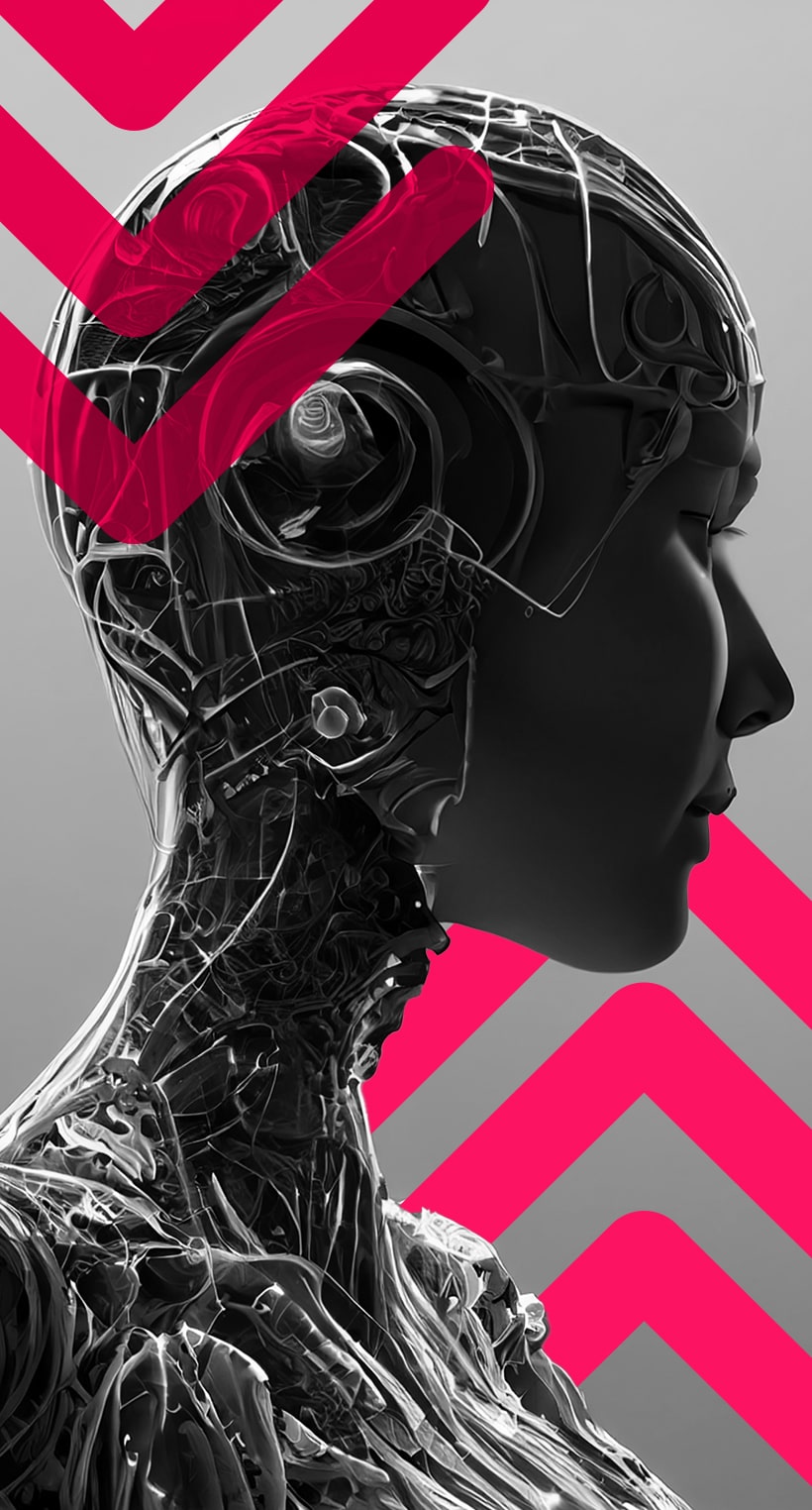Artificial Intelligence (AI) is no longer just a concept found in science fiction movies. It’s become an essential part of our day-to-day routines, transforming industries and streamlining daily tasks. In this article, we will uncover the hidden ways in which AI is already enhancing our lives.
The Impact of AI In Everyday Life
Artificial Intelligence has become an integral part of our daily lives, often without us being conscious of it. From the moment we wake up, AI works behind the scenes, streamlining our routines and enriching our experiences. For example, virtual assistants such as Siri, Alexa, and Google Assistant have become our digital companions, assisting us with managing schedules, answering inquiries, and regulating smart home technology. With voice recognition powered by AI, we can converse with our devices in a natural way, making our interactions feel more human-like. Through AI algorithms that analyse our preferences and behaviours, we receive personalised suggestions for music, film, and products that align with our interests.
AI In Personal Assistants and Smart Home Devices
Some of the most notable advancements in AI have been personal assistants and smart home devices. These intelligent devices can perform a wide variety of tasks, from setting reminders and playing music to managing our thermostats, lighting, and security systems. They use sophisticated algorithms that continuously learn from our interactions, adapting to our needs and becoming more efficient over time. With voice commands, we can effortlessly control our homes, making our lives more convenient and comfortable. Whether it’s dimming the lights, adjusting the temperature, or locking the doors, AI has transformed our traditional houses into highly efficient and automated smart homes.
AI In Healthcare and Medical Advancements
The healthcare sector has benefited greatly from the advancements of AI. By analysing immense quantities of medical data, AI algorithms can aid doctors in making precise diagnoses and developing customised treatment plans. By recognising patterns and predicting illnesses, Machine Learning algorithms allow for early detection and prevention. In addition, AI-powered robots are capable of performing intricate surgeries with accuracy, lowering the risk of human error. Moreover, the constant learning and evolution of AI means it can adapt to new medical developments and research. Overall, the integration of AI is making healthcare more efficient, cost-effective, and accessible, ultimately saving lives.
AI In Transportation and Autonomous Vehicles
AI is making major advancements in the field of transportation. Self-driving cars, guided by AI algorithms, are becoming a reality, promising improved safety and efficiency. These vehicles are equipped to analyse their surroundings, identify potential hazards, and make quick decisions, reducing human errors that can lead to accidents. Additionally, AI algorithms are optimising traffic flow, easing congestion, and promoting fuel efficiency. Ride-sharing platforms, powered by AI technology, connect drivers with passengers in an efficient manner, optimising routes, and minimising wait times. As AI continues to develop, we predict a future where transportation not only becomes more efficient but also more environmentally friendly.
AI In Customer Service and Chatbots
AI has revolutionised customer service with the introduction of chatbots. These virtual assistants, powered by AI, can effectively handle inquiries, provide support, and resolve issues in a timely manner. Available 24/7, chatbots eliminate the need for customers to wait for human assistance. With their ability to comprehend and respond to natural language, interactions are seamless. Through continuous learning from customer interactions, AI algorithms enhance responses and deliver personalised assistance. Overall, AI has made customer service quicker, more accessible, and tailored to each individual’s needs.
AI In Entertainment and Content Recommendation
Entertainment has been greatly influenced by AI, especially when it comes to recommending content. On popular streaming platforms such as Netflix and Spotify, AI algorithms are used to analyse our viewing and listening patterns in order to suggest personalised recommendations that align with our preferences. These algorithms take into account factors like genre, mood, and past choices to curate a tailored selection of content for each individual user. Additionally, AI technology has also been utilised in content creation, producing music, art, and even entire stories. With the help of AI, entertainment platforms are able to provide a more immersive and customised experience, ensuring that users come across content that resonates with them.
Ethical Considerations and Concerns About AI
Despite the numerous advantages of AI, it also brings forth ethical considerations and worries. A primary concern is the issue of privacy, as AI systems gather and analyse immense quantities of personal data. There are also fears about job displacement as AI automation takes over jobs that were previously performed by humans. Additionally, biased algorithms can perpetuate discrimination and inequality, emphasising the significance of unbiased and diverse development of AI. It’s crucial to address these ethical considerations in order to utilise AI in a responsible manner for the betterment of society. For further information on this subject, please explore our article on Ethical AI.
Conclusion
The impact of Artificial Intelligence on our daily lives is undeniable. It has become a powerful catalyst for innovation and change, permeating various aspects of our routines. From virtual assistants and smart home devices to healthcare, transportation, customer service, and entertainment industries, AI has become an indispensable component of our society. As we move forward, AI will continue to play a crucial role in shaping our future, providing us with more convenience and connectivity than ever before.
;)
;)
;)